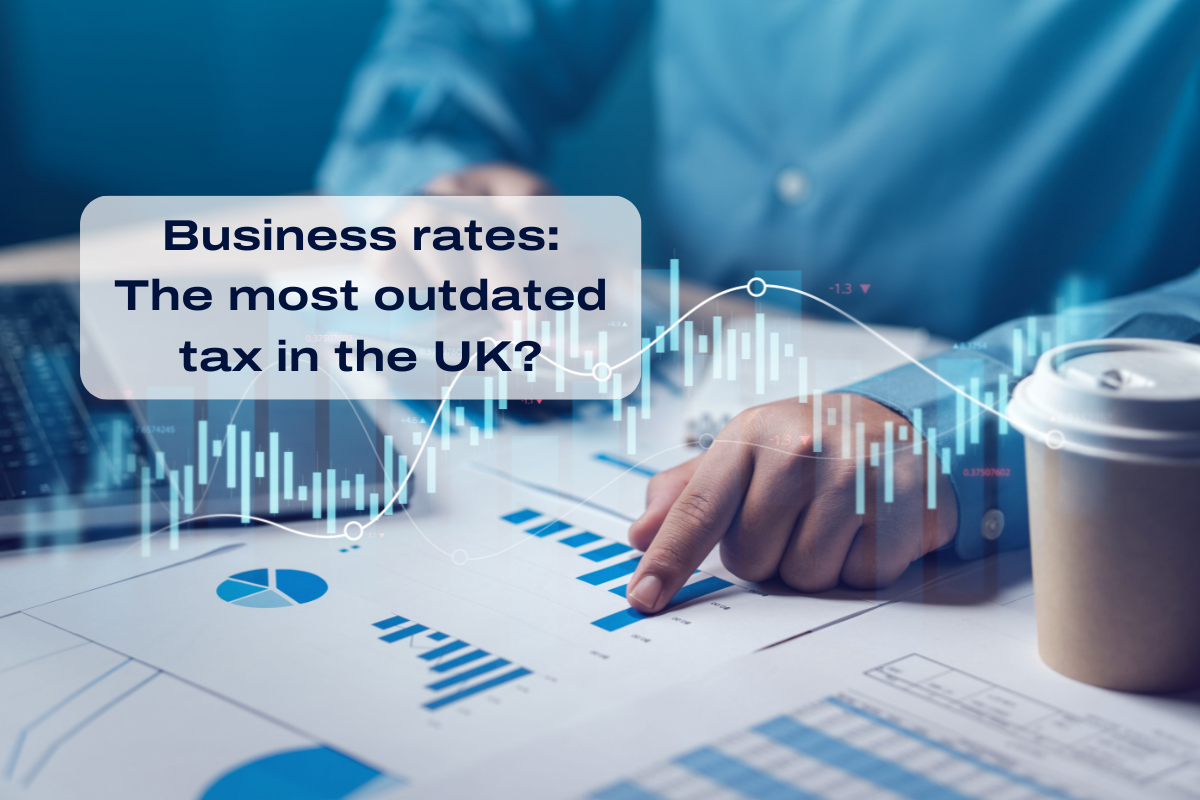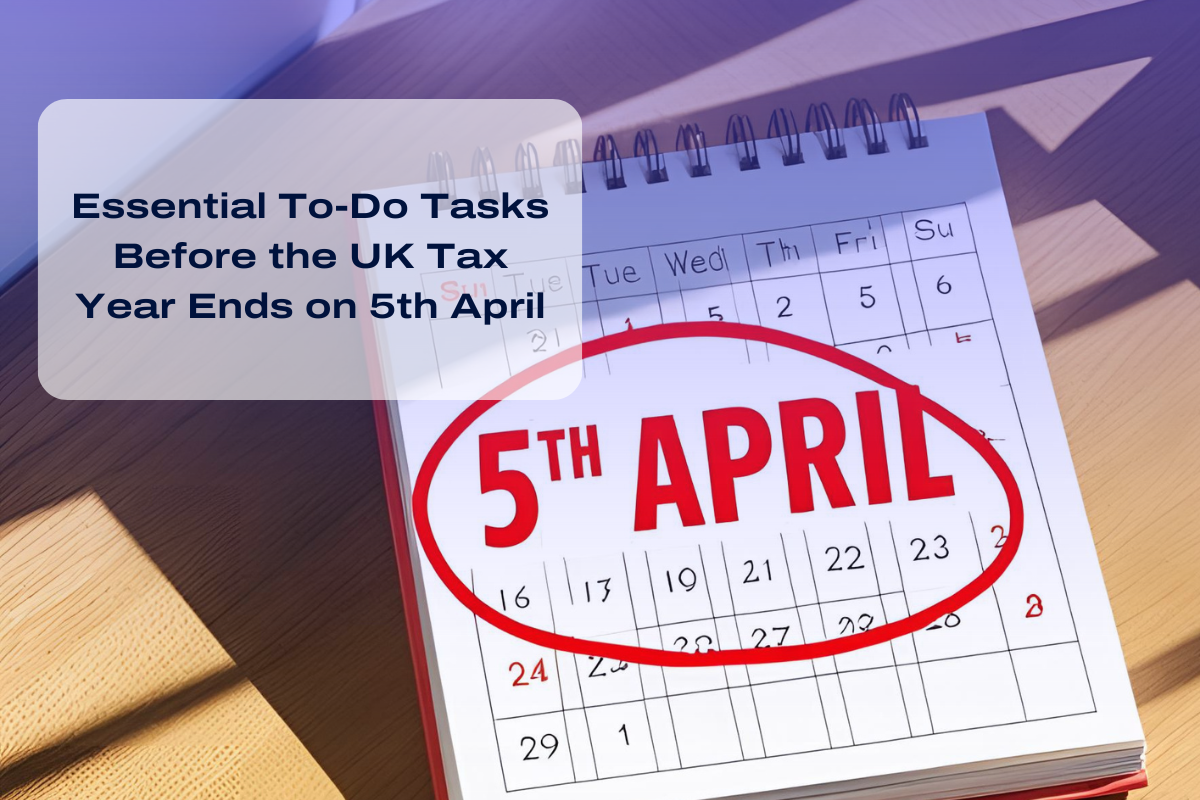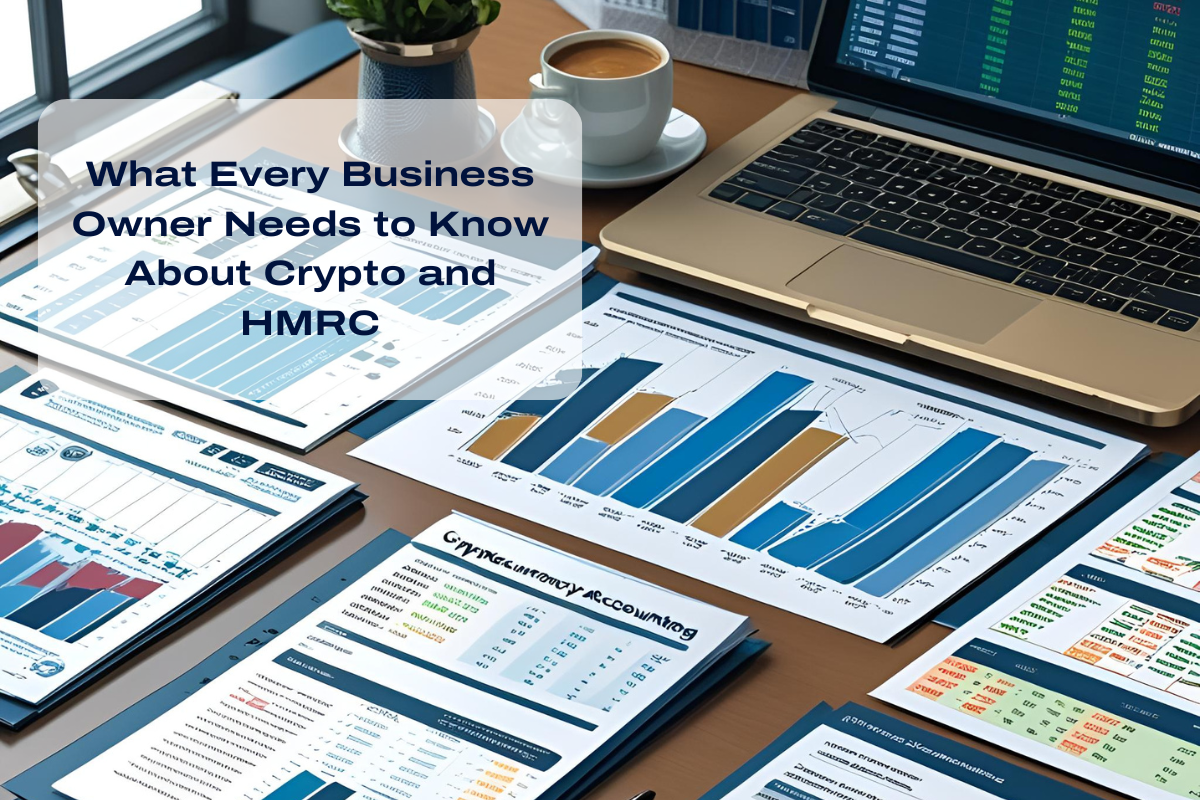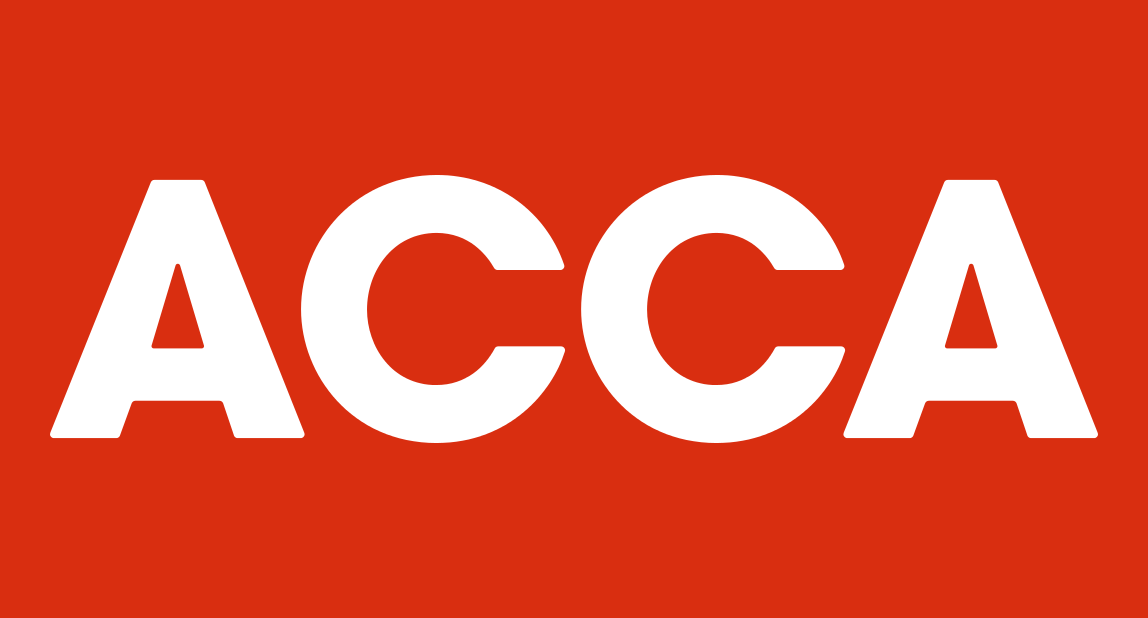Knowledge Portal: Managing Business Finances and more
CHRIS BARNARD October 24, 2025
This is a subtitle for your new post

The world of decentralised finance (DeFi) has opened up a new era of opportunity for crypto investors, but with that freedom comes complexity, especially when it comes to tax.
In simple terms, DeFi (short for
decentralised finance) removes the middleman. Instead of using a bank or lender to manage money, DeFi uses blockchain-based platforms that allow users to lend, borrow, and earn interest directly from one another. It’s a fast-moving space where you can lend your crypto tokens, earn rewards, and potentially grow your portfolio. All of this takes place without involving a traditional financial institution.
While the technology is revolutionary, HMRC’s approach to taxing DeFi activity is still evolving. Understanding whether your lending or staking activity counts as a
disposal or simply as
income is crucial if you want to stay compliant and avoid costly surprises.
DeFi lending: What it is and how it works
Think of DeFi lending as the blockchain equivalent of putting your money in a savings account. Instead of earning interest from a bank, you earn it directly from the borrower or protocol.
When you lend your tokens through a DeFi platform, what happens next depends heavily on the platform’s structure. Some allow you to withdraw your tokens at any time, while others lock them away for a fixed period. The key tax concept here is beneficial ownership, i.e. whether or not you still
own your tokens while they’re being lent out.
HMRC’s view is that if you retain beneficial ownership of your tokens (meaning you could withdraw or control them), this doesn’t count as a disposal. But if you lose beneficial ownership (for example, your tokens are locked and you can’t access or control them), this may count as a disposal. This could trigger
Capital Gains Tax (CGT) [Link to: https://www.collectiveconceptsaccounting.com/a-guide-to-capital-gains-tax-on-cryptocurrency-in-the-uk]
Staking rewards: Income or capital gains?
Many DeFi platforms also offer staking (locking your tokens to help run or secure a network in return for rewards). These rewards are treated differently from capital gains. HMRC typically considers staking rewards as taxable income, which means they need to be declared and may be subject to Income Tax rather than CGT. For example, if you receive 0.1 BTC and it is valued at £10k, then £10k is what you need to declare as income.
The key takeaway: while capital gains tax applies when you dispose of an asset, income tax applies when you earn something new, such as rewards or interest-like payments.
DeFi and company structures
For companies holding crypto, the rules get even more complex. Beyond the tax treatment, you must also consider the accounting treatment. This is whether crypto is recorded as an
intangible asset or as
stock.
- Suppose crypto is held as an investment (e.g. to benefit from future value increases). In that case, it’s usually treated as an intangible asset and falls under the Intangible Assets regime for Corporation Tax.
- If crypto is held for trading, it may be treated as stock, and profits or losses will be calculated accordingly.
The critical point is that tax treatment can follow accounting treatment, but not always. If the Intangible Fixed Assets (IFA) regime applies then the tax treatment follows the accounting treatment. However HMRC says that exchange tokens that are simply held by the company as an investment, will not meet this definition of an intangible fixed asset and therefore capital tax rules apply. Please seek advice.
Staying compliant
HMRC’s crypto guidance isn’t backed by specific legislation, so interpretation often depends on your unique circumstances. Sometimes it is even the fine print in a platform’s white paper. The safest approach is to keep accurate transaction records and seek professional advice before deciding how to report your activity.
At Collective Concepts Accounting, we help clients navigate these complex areas, interpret HMRC’s evolving guidance, and ensure their DeFi activity is reported correctly.
FAQs on DeFi Lending & Staking
What does DeFi stand for?
DeFi stands for Decentralised Finance. It refers to blockchain-based financial systems that allow users to lend, borrow, trade, and earn interest without using traditional intermediaries like banks.
How is DeFi lending taxed in the UK?
If you retain control (beneficial ownership) of your crypto while it’s lent out, it usually isn’t a taxable disposal. However, if your tokens are locked and inaccessible, it may count as a disposal subject to Capital Gains Tax.
Are DeFi rewards taxable?
Yes. Rewards or yield from DeFi platforms are typically considered income and subject to Income Tax at market value on the date they were recieved.
Does DeFi tax treatment differ for individuals and companies?
Yes. Individuals are usually subject to Income Tax and Capital Gains Tax. Companies, however, must also consider accounting classification (whether crypto is treated as an intangible asset or stock), which affects Corporation Tax treatment.
Should I speak to a professional about my DeFi taxes?
Absolutely. Every DeFi platform operates differently, and your tax position depends on how each one manages ownership, control and rewards. Always consult a qualified accountant before filing.
Disclaimer: This article is for general information only and does not constitute financial or tax advice. Please seek professional guidance before making any decisions related to your DeFi or crypto investments.














